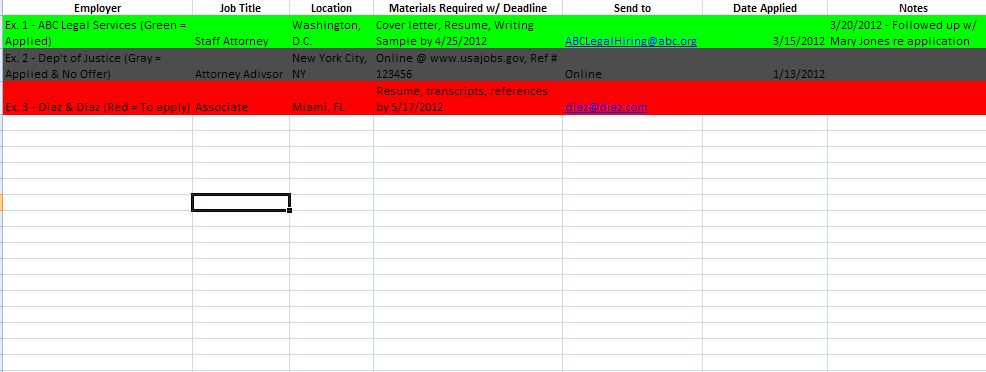Want to Work in Legislative Affairs? Get Ready to Network Your Way In.
By: Steve Grumm
Here’s a piece in the ABA’s Young Lawyer entitled “Careers in Legislative Affairs.” (Access seems to be restricted to ABA members.) The author, who worked in the Illinois state legislature, reviews the arrays of opportunities available for law grads on the federal, state, and municipal levels.
He also closes with some advice that highlights the value of networking to land legislative jobs:
Strategic networking is the best way to become aware of opportunities and present your best candidacy for any of the positions described here. It’s helpful to always be reviewing this quick checklist:
- Is my elevator speech tailored to my audience? Can I present my background, skills, and aspirations in a concise and compelling way to engage people in conversation?
- What venues will introduce me to people who can advance my career aspirations?
- Am I regularly tracking my network to ensure that I am engaging every relevant contact to advance my plan? Am I updating my contact list to reflect people I’ve recently met?
As anyone who’s worked, or looked for work, in Washington, DC knows, whom you know can be as important as what you know. This can be frustrating for the more meritocratic-minded. The best way to think of it is that whom you know will help you get to a position where you can thrive on what you know.
Here are some other resources on legislative careers and networking:
- Networking tips from Harvard Law’s Office if Public Interest Advising;
- PSLawNet’s Federal Government Careers page;
- PSLawNet’s State and Local Government Careers page
- Yale Law School’s “Working on Capitol Hill” guide
If you know of other good resources please post in the comments section. Thanks!
Permalink Comments off



